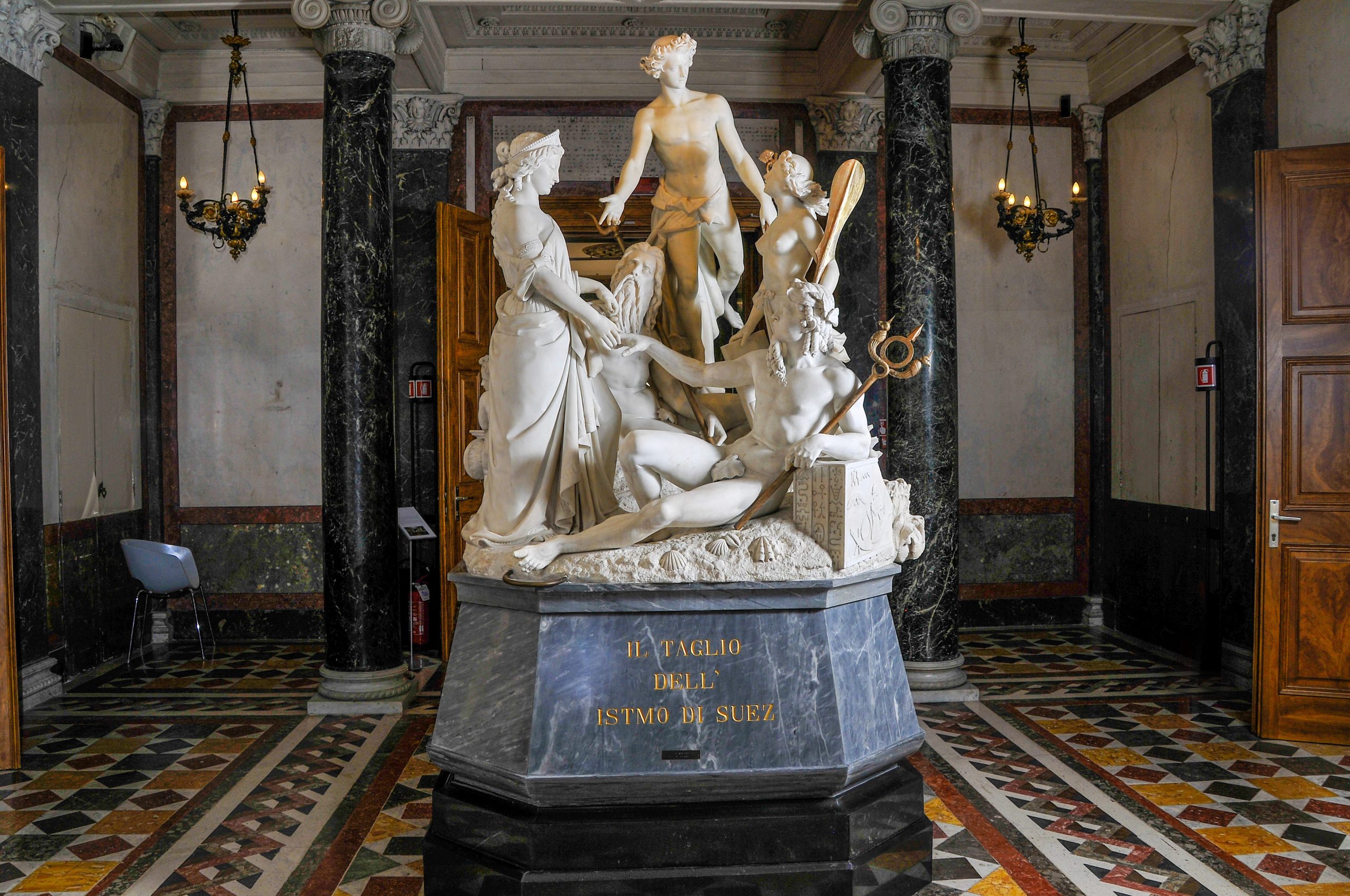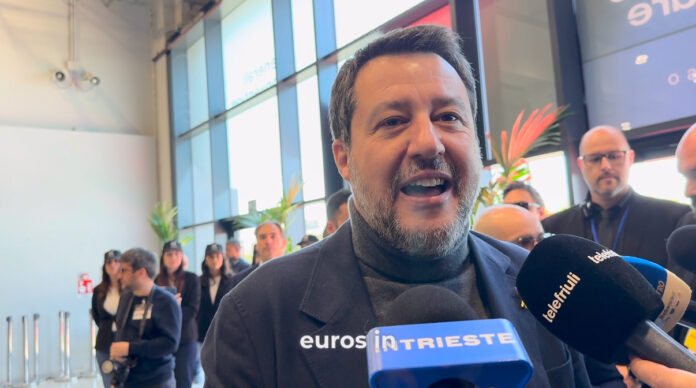by InTrieste
France summoned Italy’s ambassador to Paris on Thursday after Italy’s deputy prime minister, Matteo Salvini, delivered a sharp rebuke of President Emmanuel Macron over his recent comments on Ukraine.
Emanuela D’Alessandro, Italy’s ambassador to France, was called to the Foreign Ministry to address what French officials described as “unacceptable” statements by Mr. Salvini, who also serves as Italy’s transport minister and leads the right-wing League party.
Speaking at an event in Milan on Wednesday, Mr. Salvini was asked about Mr. Macron’s proposal to send European soldiers to Ukraine to help safeguard the country in the event of a future peace deal with Russia. His response was scathing. “In Milan, they’d say, ‘Taches al tram’ — hold on to the tram,” he said. “Go yourself if you want to. Put on your helmet, your jacket, your rifle, and go to Ukraine,” he added, addressing Mr. Macron directly.
French officials said the remarks undermined the close cooperation that Paris and Rome have sought to emphasize in recent months. According to diplomatic sources cited by the French news agency Agence France-Presse, the ministry reminded Ms. D’Alessandro that the comments “run counter to the climate of trust and the historic relationship between our two countries, as well as recent bilateral progress, which has highlighted strong convergence between Paris and Rome, notably in their unwavering support for Ukraine.”
The reference was to last week’s meeting at the White House, where Mr. Macron joined Prime Minister Giorgia Meloni of Italy, President Volodymyr Zelensky of Ukraine and President Donald J. Trump of the United States for high-level talks on Western support for Kyiv.
Mr. Salvini, a longtime critic of the French leader, has often used harsh language to describe him. In March, he called Mr. Macron “crazy.” In previous years, he has labeled him a “warmonger,” a “hypocrite” and “a polite gentleman who drinks too much champagne.”
The diplomatic friction underscores the fragile balance in relations between Paris and Rome, which have periodically been strained by ideological differences but also tempered by shared commitments within the European Union and NATO.
































